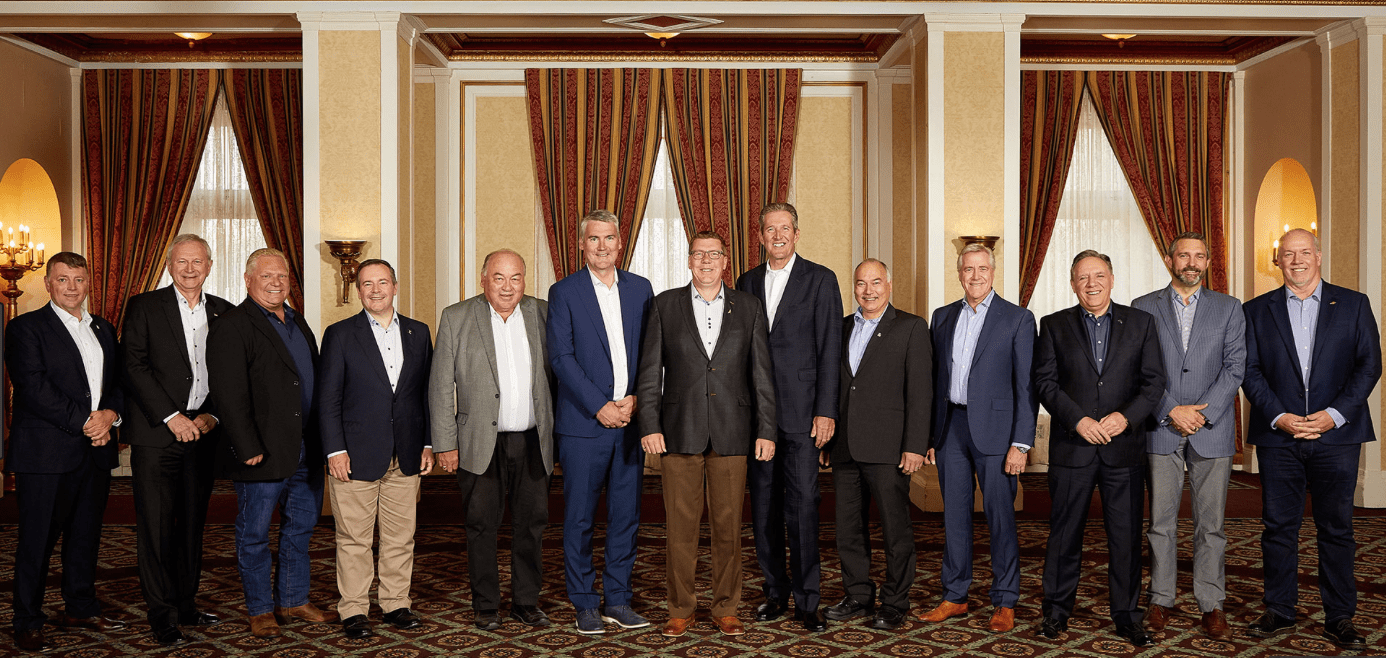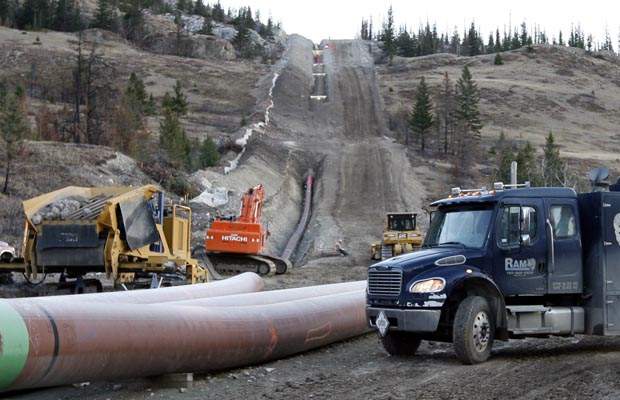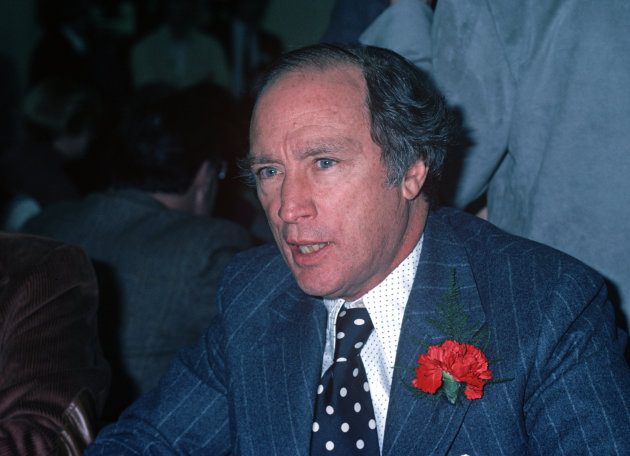You can't blame former Prime Minister Stephen Harper for regularly skipping Council of the Federation meetings. If you had to spend an entire weekend with all of your 13 deadbeat children, who rarely agree on anything except that everything is your fault and you should give them more money, you'd look for a way out of it every time.
This year, the deadbeats are more unified against Ottawa than usual, particularly on energy and environmental matters. According to Alberta Premier Jason Kenney and Saskatchewan's Scott Moe, Prime Minister Justin Trudeau and his government are threatening "national unity" with measures such as imposing a federal carbon tax and Bill C-69, which would overhaul the environmental review process for major construction projects. In turn, Trudeau dismissed the notion that national unity is under fire then attacked the premiers for "dragging their feet" on naming the infrastructure projects in which the feds should invest, preferring to "have their citizens suffer" through the delays.
This isn't the first time Trudeau and the premiers have sparred on these terms. Just a month ago, six premiers Kenney, Moe, Ontario's Doug Ford, Manitoba's Brian Pallister, New Brunswick's Blaine Higgs, and Bob McLeod of the Northwest Territories sent Trudeau a letter urging him to accept 200 amendments to Bill C-69 recommended by the Senate. The letter ends thusly:
We would urge the government to stop pressing for the passage of this bill which will have detrimental effects on national unity and for the Canadian economy as a whole. . . . Immediate action to refine or eliminate these bills is needed to avoid further alienating provinces and territories and their citizens and focus on uniting the country in support of Canada's economic prosperity.
In response, Trudeau had this to say during a media scrum:
I think it's absolutely irresponsible for conservative premiers to be threatening our national unity if they don't get their way. The fundamental job of any Canadian prime minister is to hold this country together, to gather us together and move forward in the right way. And anybody who wants to be Prime Minister, like [Conservative Leader] Andrew Scheer, needs to condemn those attacks on national unity.
If there's one thing everyone involved can agree on most of the time, anyway it's that someone is threatening national unity. Unfortunately, they're all wrong. National unity cannot be threatened because, as they imagine it, it does not exist.
In the First Ministers' dreamland, Canada carries out its business with the greatest of ease. The federal government is in consensus with each province, and each province is in consensus with each other province. Everyone's goals and interests are perfectly balanced. The premiers get every dollar they require and spend it to the satisfaction of the prime minister. The prime minister sets wonderfully fair and reasonable rules that do not burden the premiers in the slightest. All is sunshine and cupcakes.
Yet the prime minister is not mandated to make every premier happy, nor are they mandated to accept federal decrees without question. All of these men were elected to achieve optimal outcomes for their respective jurisdictions theoretically, anyway. In a country the size of Canada, with its wildly divergent political cultures, economies, and geographies, one optimal outcome will always be at odds with another. This is not a bug created by any specific PM or premier, or even a group of unusually like-minded premiers. This is a feature of Canadian politics.
Speaking of Scheer, don't expect him to frame it this way. As he put it in one of his keynote speeches last month, "Every time there's a Trudeau in the Prime Minister's Office, our union begins to crack." Mr. Scheer, have you met British Columbia's John Horgan and Quebec's François Legault? I believe they may have some concerns about your coast-to-coast energy corridor.
As fellow columnist Wyatt James Schierman has noted, there have been a few true existential threats to Confederation in Canada's history. Neither Bill C-69 nor the carbon tax counts as one of those. Recent separatist sentiment in Alberta is too impractical to merit genuine worry. In the context of the comparatively mundane intergovernmental dispute that this is, uttering the phrase "national unity" is a pure desperation maneuver, a slightly more eloquent way of saying "Please make my life easier."
When these disagreements inevitably happen, there is plenty of room for discussion and negotiation. Expressing fear for national unity is not an argument. It's empty political theatre for people who have never paid any attention to politics.
Photo Credit: Canada's Premiers
Written by Jess Morgan










